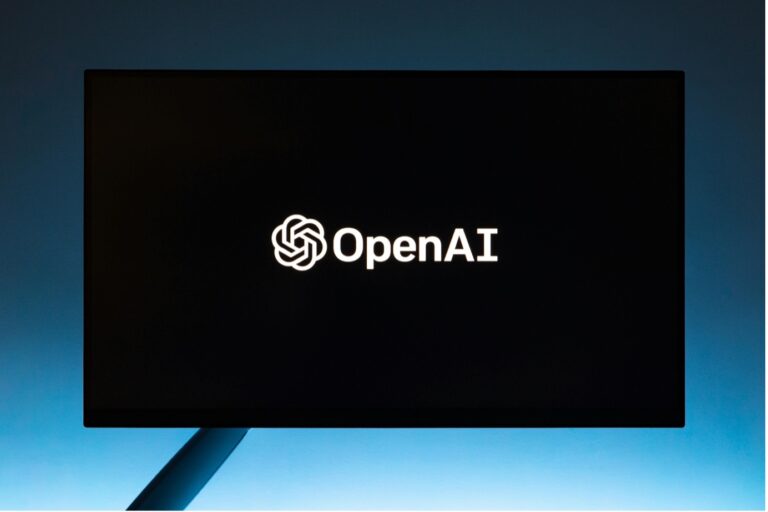Introduction
Artificial Intelligence (AI) is no longer a distant vision, it’s a workplace reality. By 2025, AI has firmly entered the daily workflows of organizations across the globe, with 72% of employees now regular users. But while adoption is widespread, impact and preparedness remain uneven.
The Middle East, with a strong 78% adoption rate, stands out as one of the frontrunners globally. Yet beneath this momentum lies a deeper challenge: frontline adoption has plateaued, and many employees still feel underprepared to use AI effectively.
So, what does this mean for the UAE and the wider region? Let’s unpack the key insights and opportunities.
Key Insights on AI Adoption in 2025
1. Global South Leading the Way
The AI adoption map is shifting. Countries like India (92%) and the Middle East (78%) are ahead of traditional powerhouses such as the US, Germany, and Japan. This signals not only enthusiasm but also the growing influence of the Global South in shaping the AI-driven workplace.
2. Training Gaps Persist
While adoption is high, capability lags behind. Only 36% of employees feel properly trained to use AI in their work. In the UAE, this has led to the rise of “shadow AI,” where employees turn to unauthorized tools due to lack of proper guidance—introducing new risks for enterprises.
3. Leadership Support is Uneven
Only 25% of frontline employees say they receive clear guidance on when and how to use AI. This leadership gap is preventing organizations from turning enthusiasm into measurable productivity and innovation gains.
4. Productivity Gains Aren’t Fully Realized
Nearly half of employees (47%) report saving more than an hour daily through AI. Yet only one-third receive direction on how to reallocate that saved time toward higher-value work. The result? Efficiency is rising, but value creation is lagging.
5. The Next Frontier: Value Creation
The UAE has a strong adoption base, but the real opportunity lies in moving beyond tool deployment to workflow redesign and innovation. Industries such as financial services and energy are already leading in embedding AI for measurable ROI.
6. AI Agents Are Still Nascent
Despite growing adoption, only 11% of Middle East respondents report integrating AI agents directly into workflows. This signals both untapped potential and the need for governance frameworks before widespread rollout.
What This Means for UAE Leaders
The UAE’s strong AI adoption base is a springboard, but scaling value requires strategic action. Here are three imperatives:
-
- Invest in Deep Training
Move beyond short demos. Provide 5+ hours of training, coaching, and in-person workshops to build employee confidence and safe usage.
- Invest in Deep Training
-
- Redesign Workflows, Not Just Tools
Focus on embedding AI into core functions like finance, energy, and the public sector to unlock ROI. The goal isn’t just efficiency—it’s transformation.
- Redesign Workflows, Not Just Tools
-
- Experiment with AI Agents Early
Start piloting AI agents in workflows but build in governance, oversight, and bias checks from the beginning. Early adoption with guardrails will create a competitive edge.
- Experiment with AI Agents Early
Conclusion
AI at work in 2025 is both exciting and uneven. While adoption rates are high, especially in the UAE and the wider Middle East, the next step is turning usage into measurable business value. That requires training, leadership support, and workflow redesign, not just tool deployment.
The organizations that embrace this shift will not only capture efficiency gains but also unlock innovation, agility, and long-term competitiveness in the AI-driven world.







